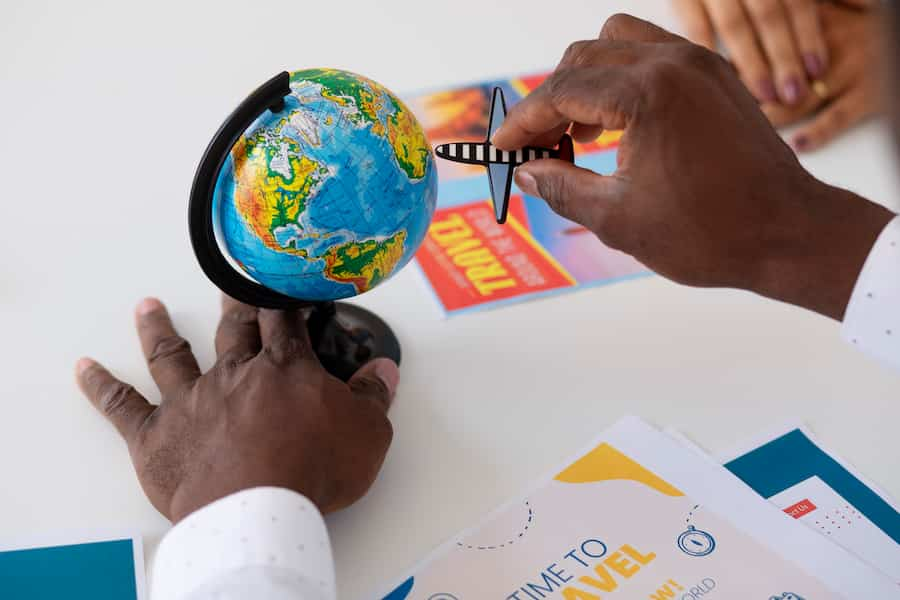
Upholding Integrity: Ethical and Responsible Business in Africa
Over the weekend, as I enjoyed a stroll along the estate roads, I observed the bustling activity of various businesses, from street food vendors to sellers of both new and second-hand clothes. It's fascinating to see how these enterprises contribute to household incomes and overall improvement of the quality of life for a majority of the population.
As I watched people haggle for second-hand wear, I pondered the implications of a world without second-hand markets. Would it lead to more clothes ending up in landfills, worsening environmental pollution? Without going into the debate of the dignity or indignity of second-hand wear, these markets must be playing a pivotal role in making the fashion industry more sustainable.
Yet, why do so many clothes end up in the global South as second-hand goods? Could it be linked to unsustainable practices in the supply chain driven by the fast fashion industry? If we stepped up on production of clothes locally in our African countries, would this reduce the need for second-hand markets, or would we still face the temptation of fast fashion and its negative impacts?
The garment and footwear sector often faces criticism for environmental degradation and labor abuses. Considering this status of textile factories in Export Processing Zones (EPZ) world over, are ours in Africa any better? Are they operating ethically or as sweatshops?
Is it possible for business in Africa to harnessing the diverse African philosophies and promote responsible business conduct. By integrating ethical practices, respecting human rights, prioritizing environmental sustainability, engaging with communities, ensuring transparency and compliance, and supporting local development, businesses can contribute positively to Africa's growth and development.
If your business seeks to embark on this journey towards responsible business, Procunomics Limited is here to assist. Start somewhere today; call us, and let's make responsible business in Africa a reality.
Written by Stella Amisi Orengo





